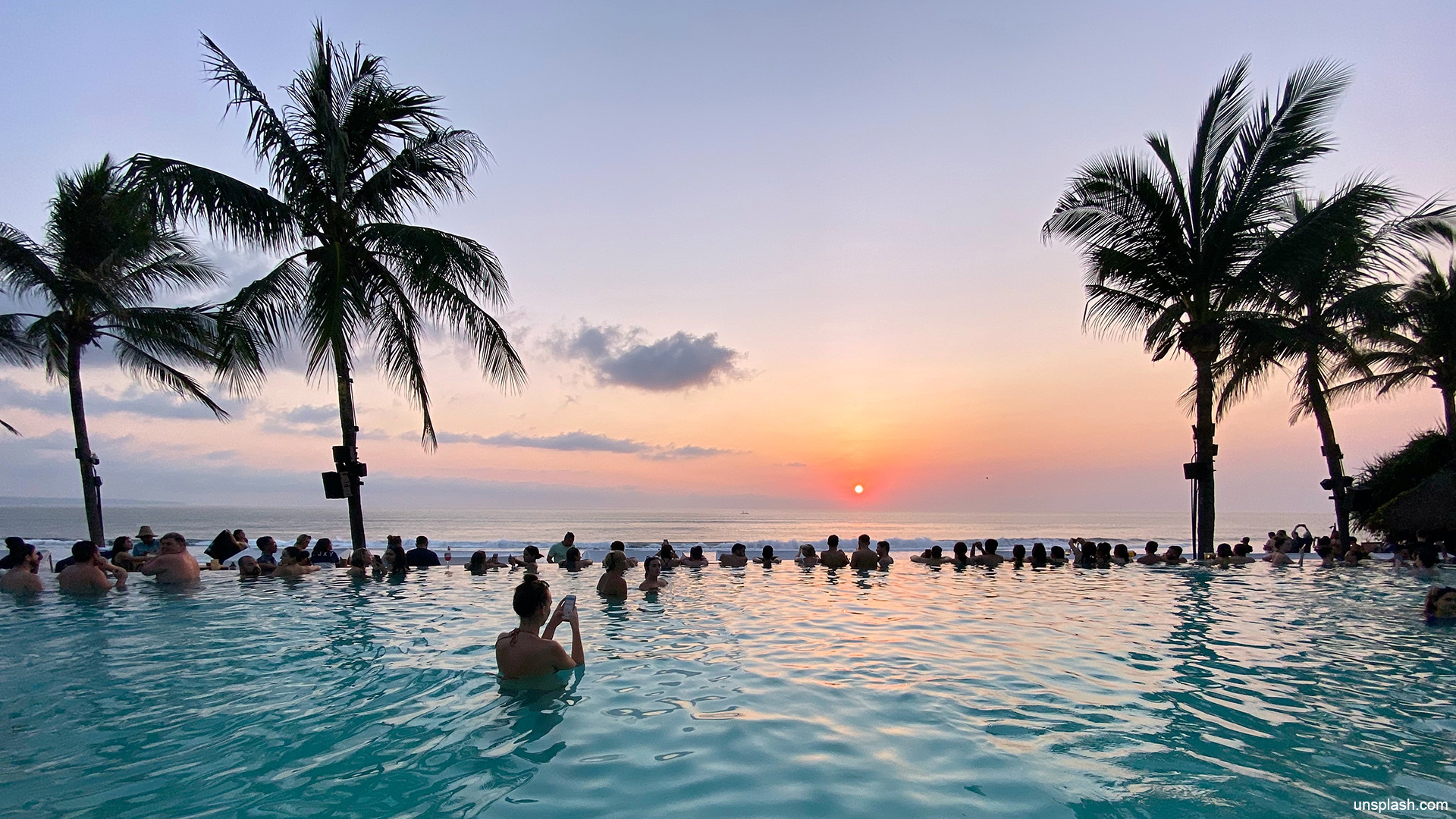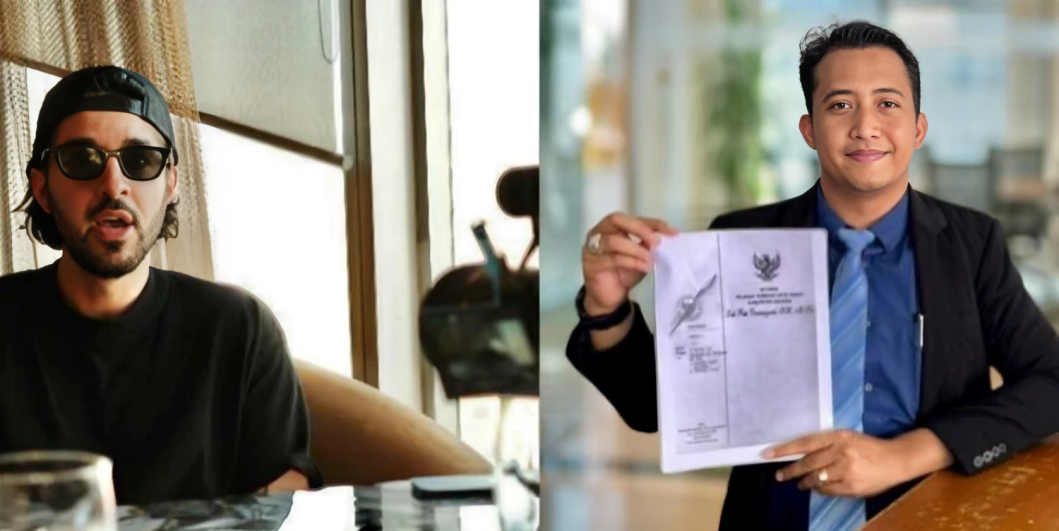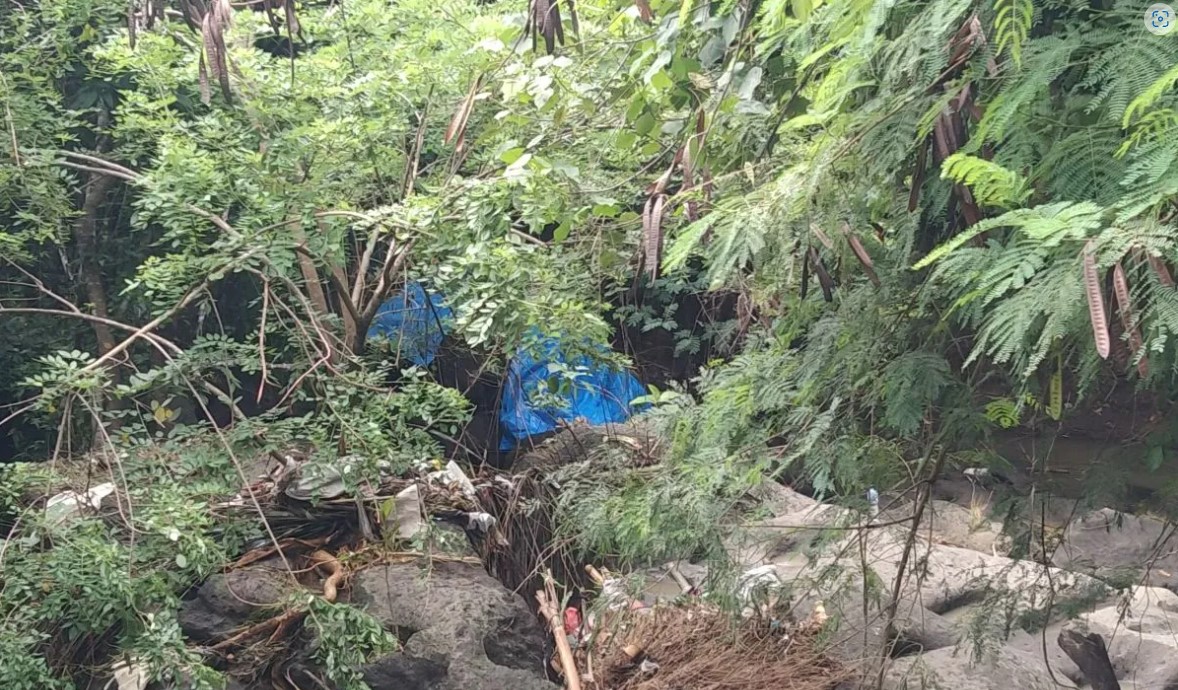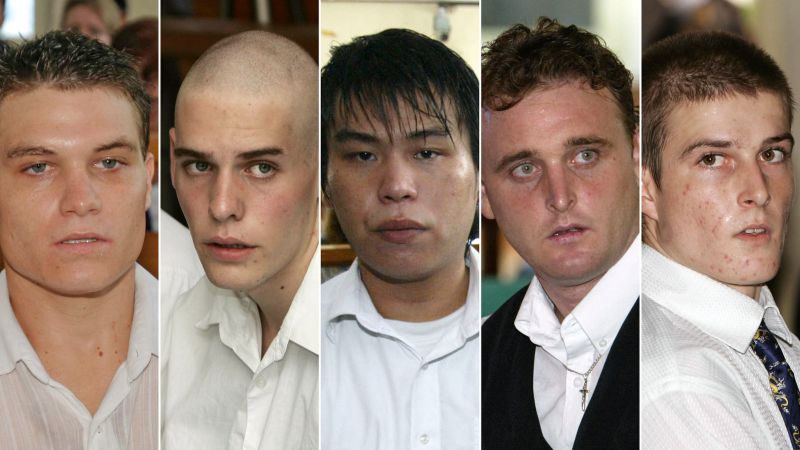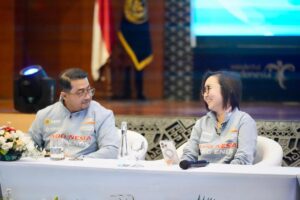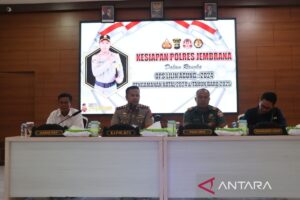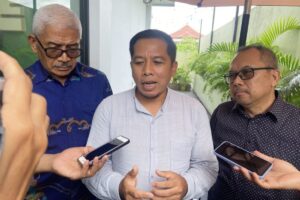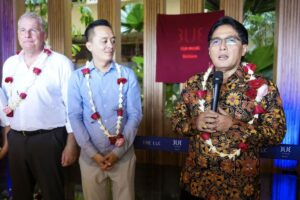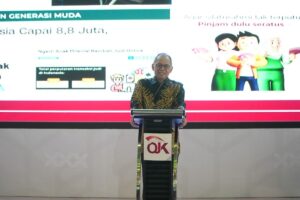Bali Proposes Moratorium on Hotel and Villa Development
Denpasar – Acting Governor of Bali, Sang Made Mahendra Jaya, has proposed to the central government a moratorium on the development of tourism accommodations in the Sarbagita region, which includes Denpasar, Badung, Gianyar, and Tabanan, for a period of 1-2 years.
“The Bali Provincial Government has submitted a proposal to the Coordinating Minister for Maritime Affairs and Investment (Menkomarves) for a 1-2 year moratorium on the construction of hotels, villas, nightclubs, and beach clubs in the Sarbagita area. We want to manage things first,” Mahendra Jaya stated while attending the Regional Leadership Training of the Bali Indonesian Young Entrepreneurs Association (Hipmi) in Denpasar on Saturday (September 7). He emphasized that this proposal aims to promote high-quality tourism in Bali.
The moratorium proposal is not just about halting the construction of tourism accommodations; it also addresses the issue of agricultural land being converted to commercial land and the regulation of permits through the Online Single Submission (OSS) system, which currently does not involve local governments.
“As an acting governor, I was shocked to see viral TikTok videos showing cliffs being cut down without our knowledge. Suddenly, there is a new large beach club in Tabanan and Denpasar that we were not aware of. We are left bewildered,” he said. “We see the massive land-use conversion, and there are also a lot of alcoholic beverages sold freely in small shops where they should be sold in restaurants or hotels, causing tourists to get drunk and act out,” added Mahendra Jaya.
Therefore, the Bali Provincial Government hopes that the limited meeting led by the Ministry of Maritime Affairs and Investment will result in a presidential instruction (Inpres) regarding this matter. “We hope that after the limited meeting, there will be an Inpres on the moratorium of hotel, villa, nightclub, and beach club construction, as well as on land conversion in the Sarbagita area for 1-2 years,” said the Acting Governor of Bali.
So far, Sang Made sees a positive response from the central government regarding this proposal, as many problems have already arisen and gone viral on social media. Apart from development issues, poorly managed permits have also allowed foreigners to take jobs meant for locals. Thus, the government plans to reorganize Bali’s tourism industry over the next two years.
Previously, Coordinating Minister for Maritime Affairs and Investment Luhut Binsar Pandjaitan mentioned that the central government would hold a limited meeting to eliminate harmful practices in Bali, involving local governments. “No more villas being built on rice fields; let rice fields remain rice fields so that Bali remains unique. For instance, behind my house in Cemagi, there used to be rice fields. Now, it would be fine if the houses built were good, but they are not, and that damages the area,” he stated.
Luhut explained that the limited meeting would not only address regulations on land conversion but also prepare Bali to be free of misbehaving tourists. Issues highlighted include the proliferation of foreigners using and distributing drugs in Bali, taking local jobs, and clubs filled with people in revealing attire or even topless.
“This is to ensure Bali is free from narcotics, and foreigners taking jobs from locals. I ask the police, military, and immigration to be in complete sync; if we are united, nothing can challenge us,” he stressed. “We should also reduce nude and topless clubs; we are not here to see naked people. If someone wants that, they can choose another place. We must maintain Bali’s uniqueness and not let it become a center of sexual tourism,” he emphasized.
Tourism and Creative Economy Minister Sandiaga Salahuddin Uno also addressed the central government’s plan to review project permits that violate environmental sustainability and environmental impact assessments (EIA). “There will be a limited meeting expected to approve the halt of land conversion and the moratorium on hotel development in South Bali,” he said. Moving forward, the central government will take over the issuance of development permits, while regional governments will be limited to consultations.
